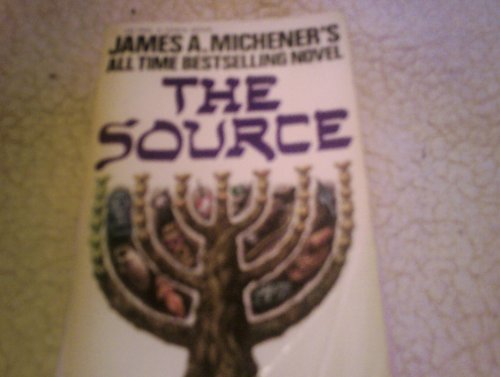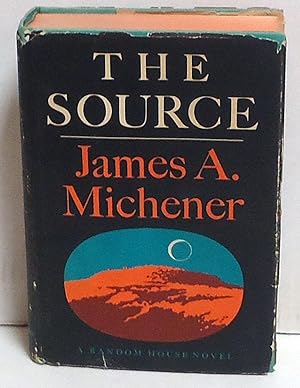
Now, far be it from me to follow this to the conclusion that Jews are now justified in destroying or harming others, nor do I think every person should try to imagine the suffering of his ancestors’ people (i.e. Take the concept of “in every generation, they rise up to destroy us” (a line sung on Passover) with the Israeli fixation on the Holocaust, the strange and cruel sequence of oppression and persecution that followed Hebrews since antiquity seems to more or less have escaped me. (Of course, I also approached this book with a more positive, open attitude than I ever approached my pre-Sudbury schooling with.) All in all, I feel much enriched for having read this novel, and there are certain ideas and attitudes I grew up exposed to that I don’t think I ever properly understood before. The storytelling itself is magnificent, and in 1,000 pages, Michener managed to better get across to me the history of the Jewish people than my rather Jewish education could in 8 years.

In contrast, I’ve heard many different educated assertions that the agricultural revolution radically changed this relationship in some way or another. The early stories – where I assume Michener had to rely on intuition, creative license, and the anthropological literature of his era – are fascinating, although even without knowing much about anthropology I got the impression that his theory must be outdated for one, the relationship he describes between male and female in the stone age is basically the same as that which was the norm throughout history before feminism. This is history done better than real history ever could be the narrator knows things that can’t be known, carefully drawing connections between stories that at first seem connected only because they take place in or near Makor. I don’t know where exactly Michener got his information, but it’s evident throughout the book that he really did his research. The main topics are the evolution of religion and civilization, the persecution of Hebrews, and the development of modern rabbinical Judaism and later, Zionism.

The book begins with a frame story, which it returns to briefly again and again between short stories, each spanning a few years the first takes place some 11 thousand years ago, then they progress through the history of Makor and the scions of one family, skipping millennia, centuries, or decades at a time, to create a coherent chain of stories ending in a young, pre-1967 Israel. Michener, is a thick tome spinning an intricate web of fictional stories spread out through the realistic history of a fictional tel 1 called Makor (Hebrew for ‘source’) near Acre, in what is now Israel. In retrospect, I probably should have kept a reading diary, because there are so many things in this book I would like to comment on.

I recently finished reading an amazing book about Israel and Jewish history, written over 20 years before I was born.


 0 kommentar(er)
0 kommentar(er)
